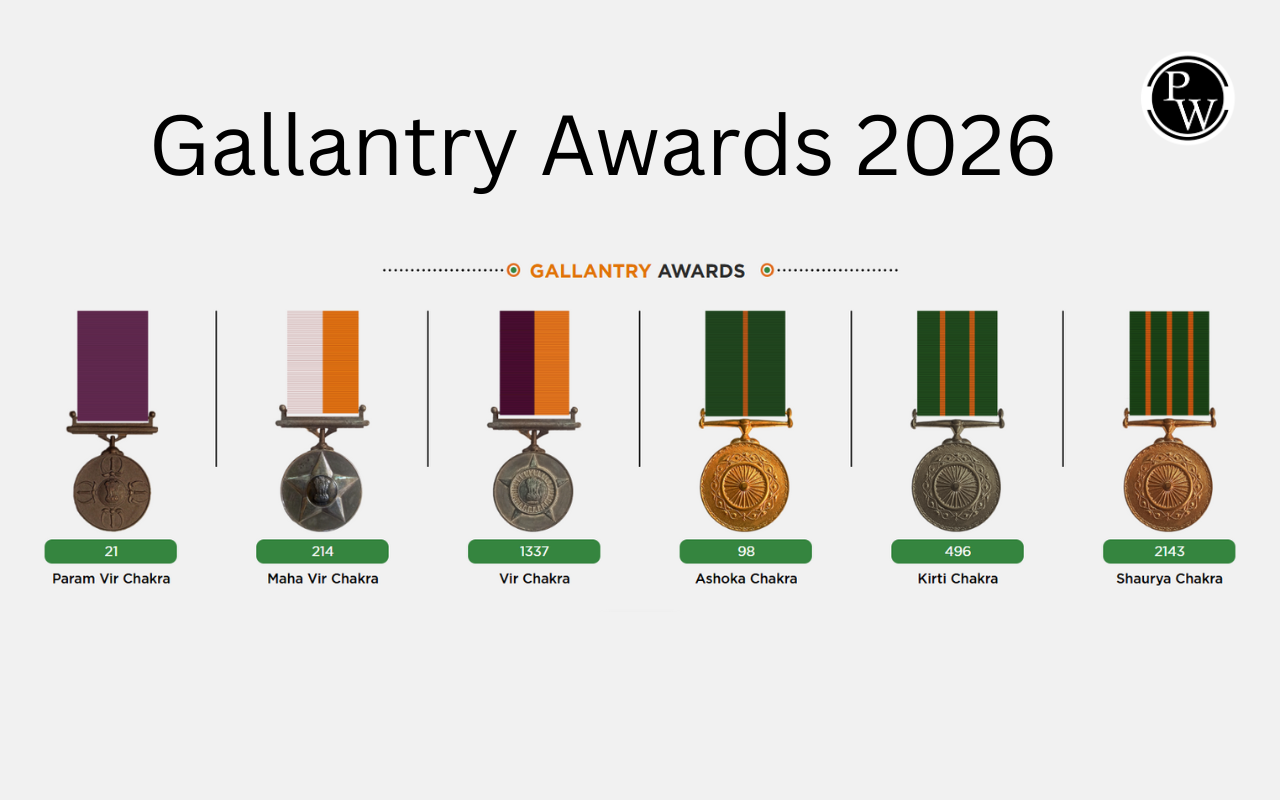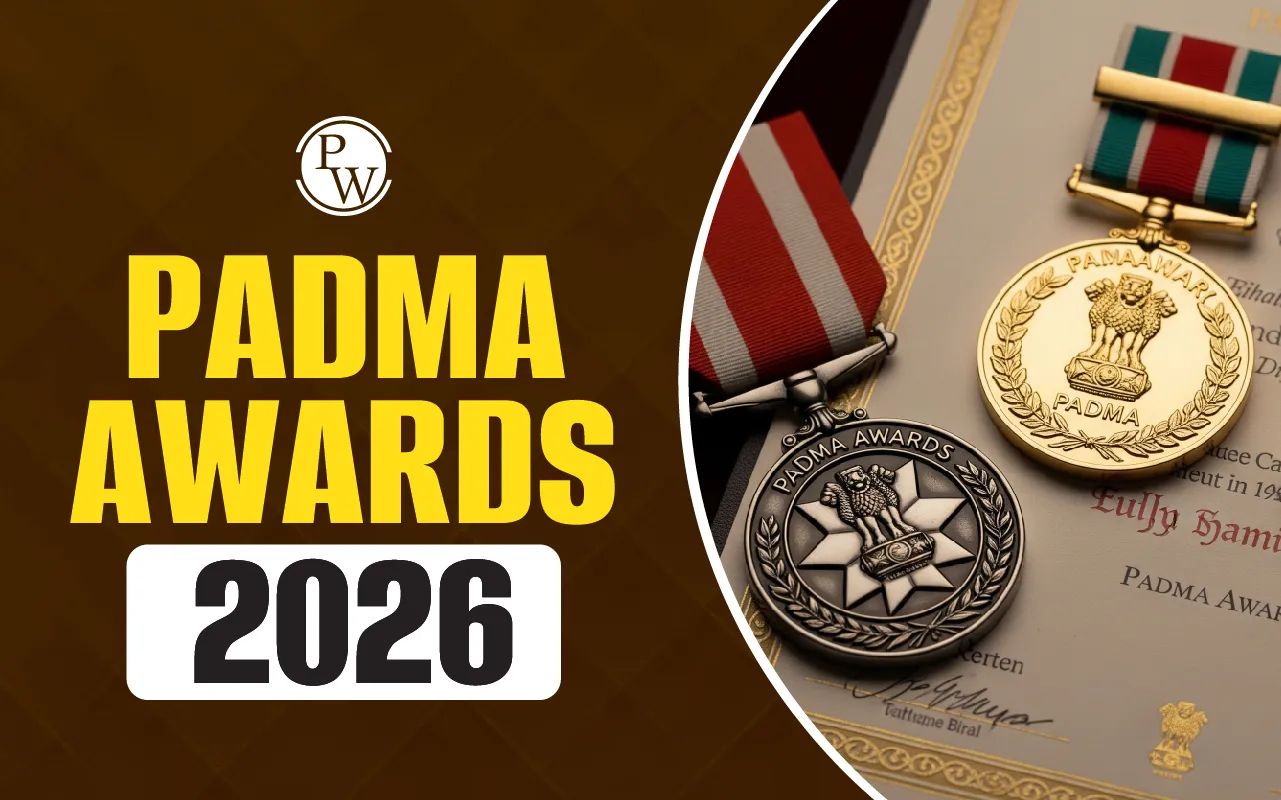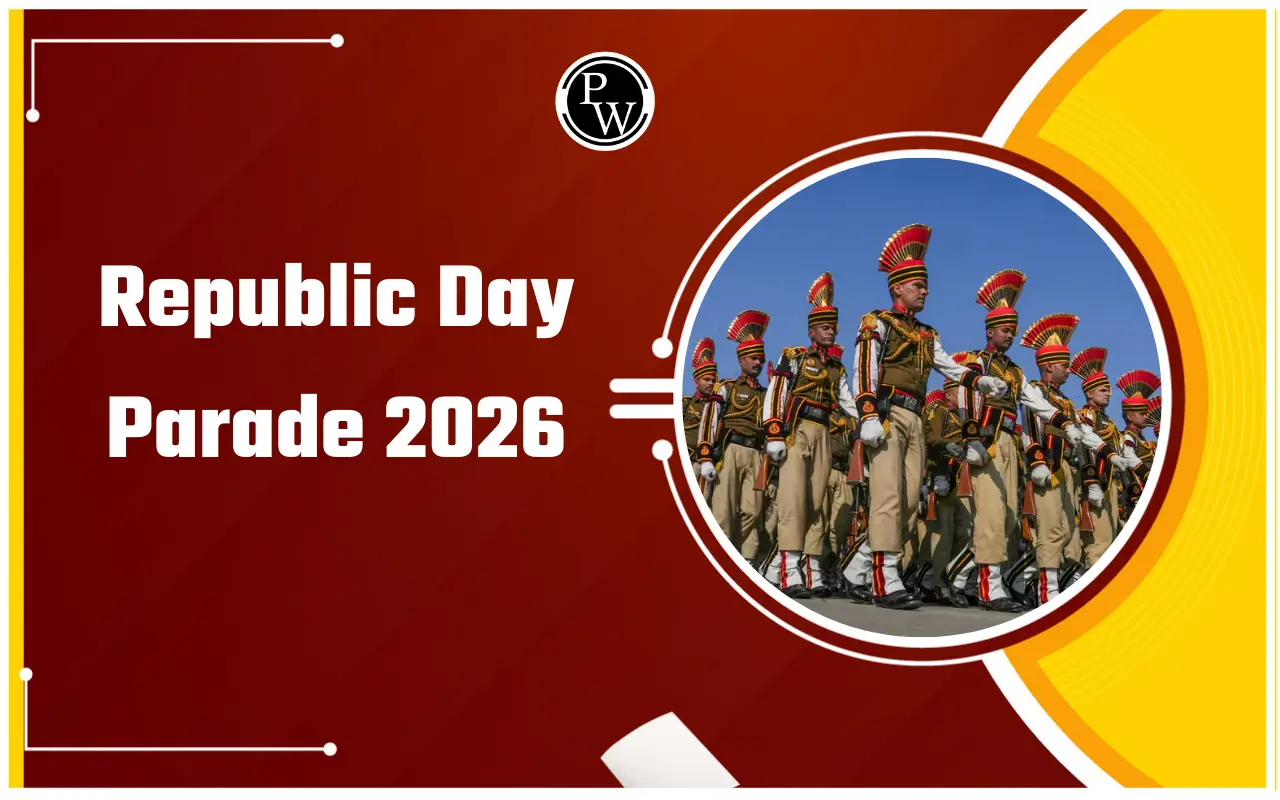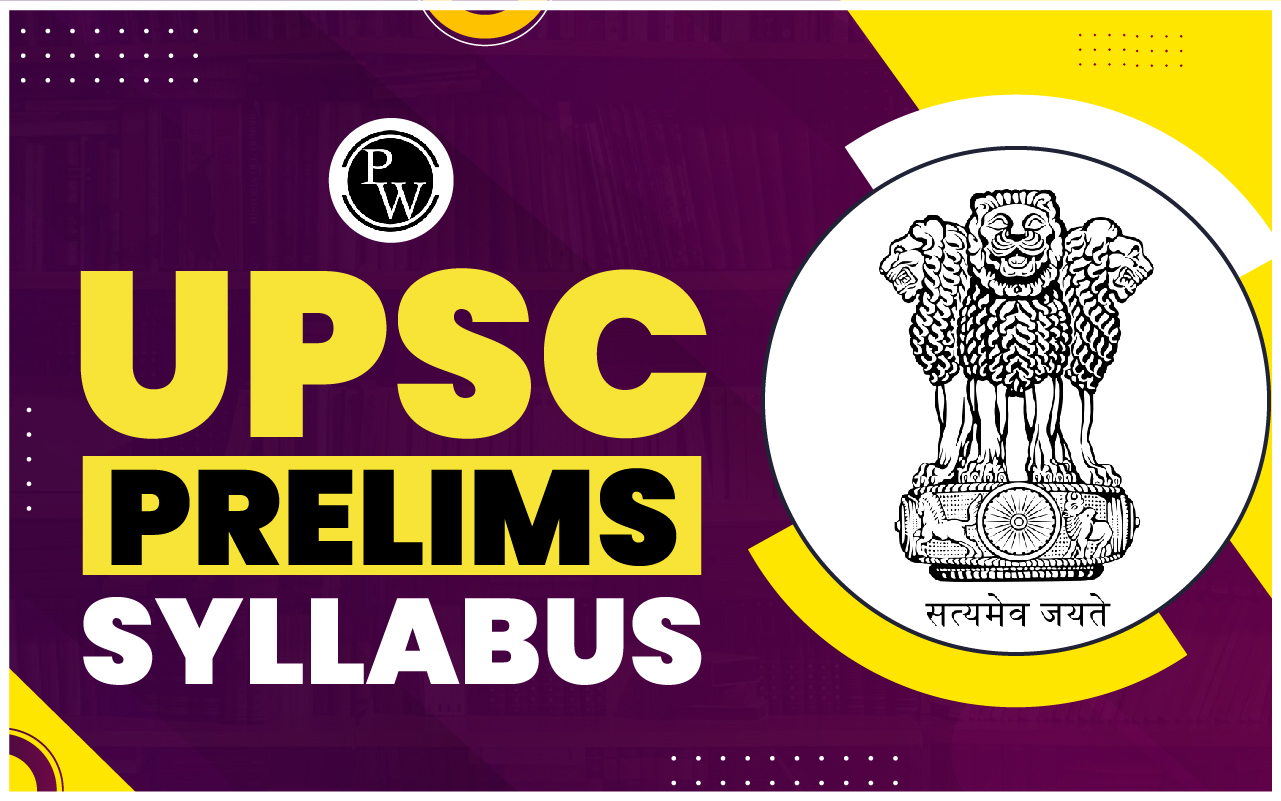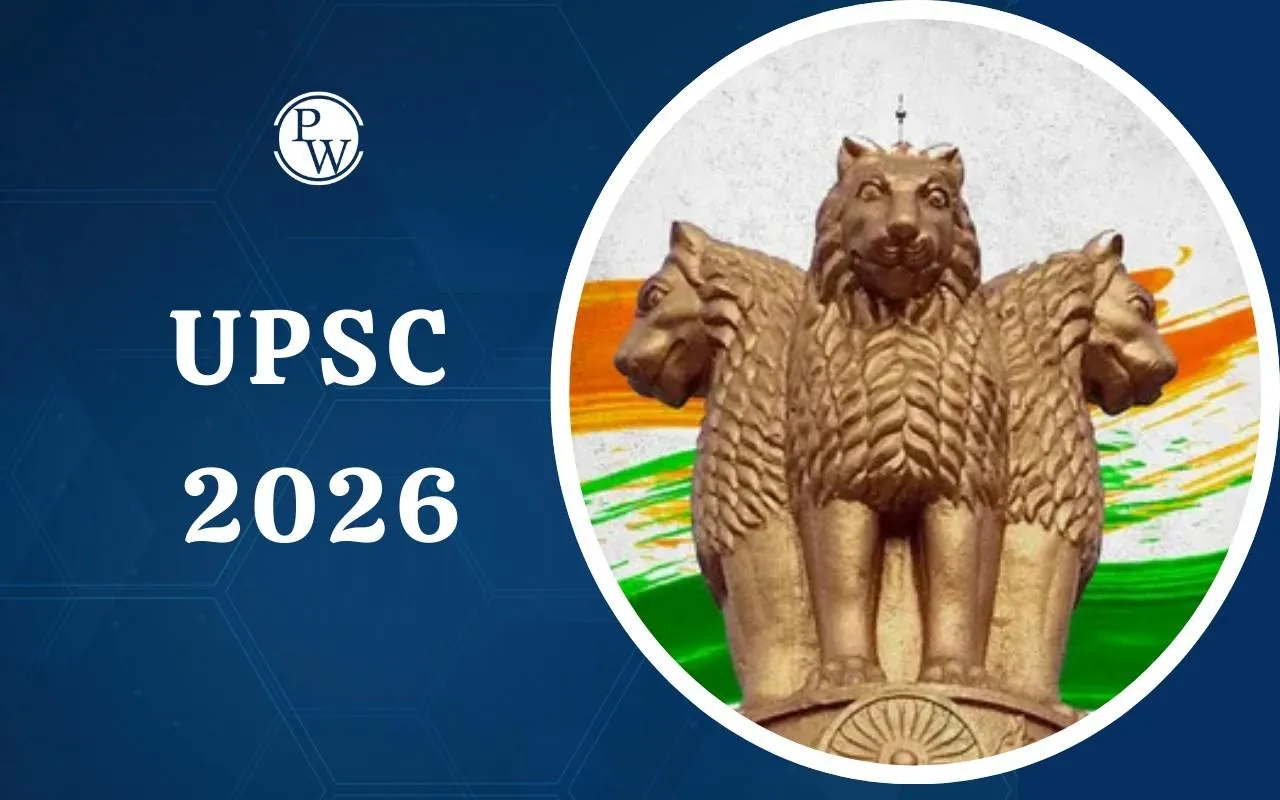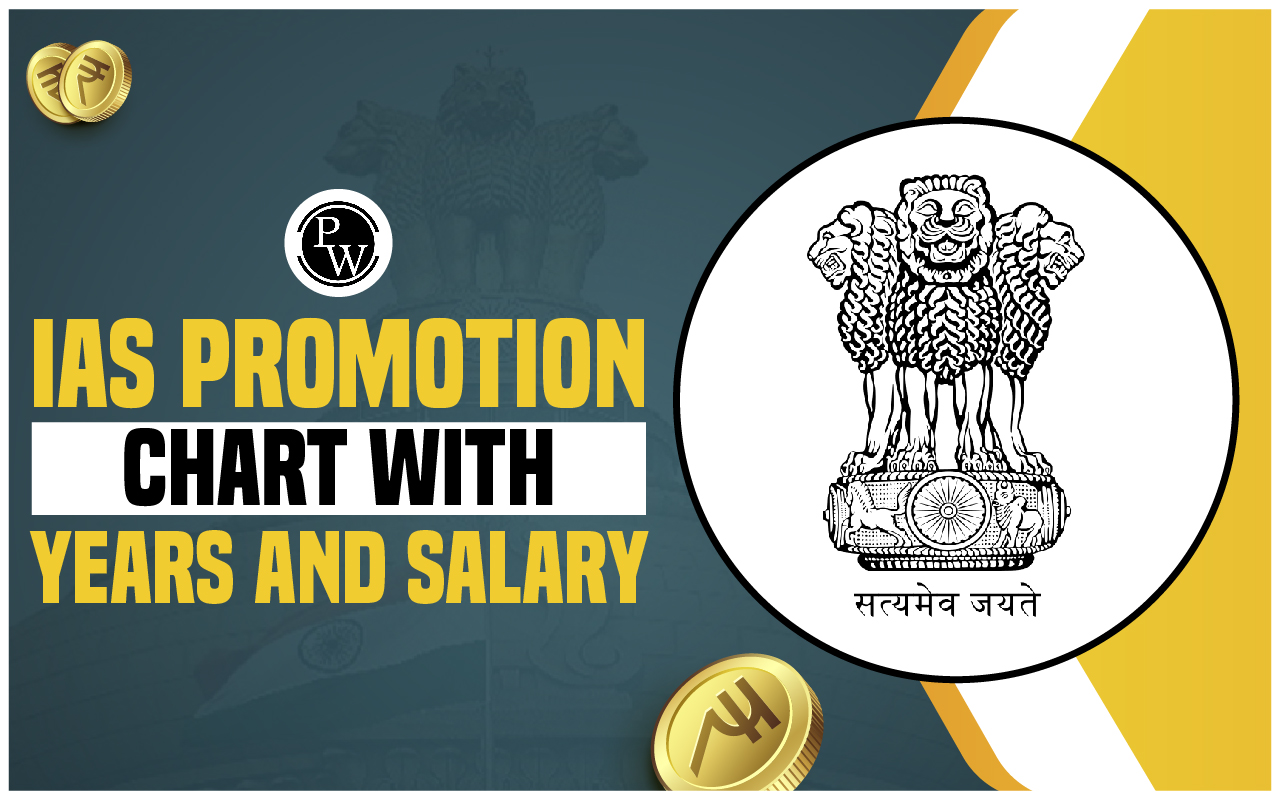
Indian Civil Service: The Indian Civil Service (ICS) is often referred to as the steel framework of India. The service is categorized into various types, including the Indian Administrative Service, Indian Police Service, and Indian Foreign Service, each specializing in different aspects of public administration.
Known for its discipline, integrity, and leadership, the ICS plays a pivotal role in policy implementation, governance, and nation-building after independence. Keep reading to explore the history of the Indian Civil Service, its types, the role of ICS officers, and how you can become a part of it through the UPSC exam.ICS Full Form
The full form of ICS is the Indian Civil Service. Historically, it was a key administrative branch established by the British to govern India. Today, it has evolved into a crucial component of the government, ensuring that the country’s policies are effectively implemented. The term ICS is still used when discussing its colonial roots, but after independence, it is simply known by either the service name e.g. IAS, or simply as the Civil Services. The legacy of ICS lives on in the form of various civil services that continue to serve governance and administration.History of Indian Civil Service
The history of the Indian Civil Service dates back to the colonial period when the British established the service to administer their Indian colony. Initially, the ICS was exclusive to British citizens, with few Indians gaining entry under various restrictions and biases. The idea of the Indian Civil Service was proposed by Lord Cornwallis, but it was formally introduced under the Charter Act of 1853 , where candidates were recruited through competitive exams and the first ICS exam was held in 1855 in London. Later, Satyendranath Tagore was the first Indian to join ICS in 1863, breaking barriers for Indians. The struggle for more Indian representation in the ICS continued for decades. Indians petitioned for simultaneous examinations in India, but this was only accepted after the Montagu-Chelmsford Reforms of 1921 , which allowed exams to be conducted in India as well. With the adoption of the Constitution of India in 1950 , the Federal Public Service Commission was renamed the Union Public Service Commission to recruit officers for the India Civil Services.Types of Civil Services in India
India's civil services are categorized mainly into two types: All India Civil Services and Central Civil Services. The Indian Civil Services list includes:1. All India Civil Services
These services are meant for both central and state government duties and include:- Indian Administrative Service (IAS ): Responsible for administrative functions, policy formulation, and implementation at various levels of government.
- Indian Police Service (IPS) : Manages law enforcement and public safety, overseeing police forces at both state and central levels.
- Indian Forest Service (IFoS) : Focuses on forest conservation, wildlife protection, and the management of forest resources.
2. Central Civil Services
These services operate under the direct control of the central government and include:- Indian Foreign Service (IFS) : Handles India's foreign affairs, representing the country in diplomatic missions abroad.
- Indian Revenue Service (IRS): Responsible for revenue collection, including direct and indirect taxes like GST.
- Indian Customs and Central Excise Service : Manages customs duties and excise taxes.
- Indian Audit and Accounts Service: Conducts audits of government expenditure and ensures accountability.
- Indian Postal Service: Manages postal services and related operations.
- Indian Railway Service: Oversees operations and administration of the Indian Railways.
- State Civil Services : These services are state-level civil services responsible for administration at the state level such as Sub-Divisional Magistrate (SDM).
- Subordinate Services : Include various technical and clerical posts that support the administration such as Assistant Audit Officer (AAO).
Indian Civil Service Exam
The Indian Civil Service Exam, also known as the UPSC Civil Services Exam (CSE) , is one of the toughest competitive exams in India. It is conducted by the Union Public Service Commission (UPSC) to select candidates for various posts in the civil services of India. Indian civil service exam eligibility requires candidates to be between 21 and 32 years of age and hold a graduate degree from a recognized university. The UPSC Civil Services selection process involves:- Preliminary Examination (Prelims) : A qualifying exam with two objective question papers.
- Main Examination (Mains): A written exam with 9 descriptive question papers. It has a weightage of 1750 marks in the merit list.
- Personality Test (Interview): A personal interview worth 275 marks to assess the candidate's suitability for Indian Civil Service.
Indian Civil Services Day
Indian Civil Services Day is celebrated every year on April 21 to acknowledge the contribution of civil servants to the nation's development. This date marks the day in 1947 when Sardar Vallabhbhai Patel, the first Home Minister of India, called civil servants the 'steel frame of India' during a speech in Delhi. Indian Civil Services is a reminder of the legacy of ICS and the critical role these officers play in shaping the country’s future.Role of Indian Civil Service Officers
The role of Indian Civil Service officers is crucial in implementing government policies, managing public resources, and ensuring law and order. They work in various sectors, such as administration, health, education, infrastructure, and security. The key roles of ICS officers are as follows:- Policy Implementation: Civil servants ensure that the policies set by the government are implemented at both national and regional levels.
- Administrative Functions: Officers manage government departments and agencies, overseeing operations and ensuring efficient service delivery to the public.
- Law and Order: Officers, especially in the IAS and IPS, maintain law and order and manage administrative tasks in districts and states.
- Public Welfare: Through initiatives in sectors like health, education, and agriculture, ICS officers contribute to the welfare and development of society.
- Crisis Management: During natural disasters or emergencies, civil servants play a critical role in coordination and relief efforts.
Significance of Civil Services in India
The Civil Services of India are often seen as the building blocks of governance. Their significance lies in:- Nation-building: Civil services contribute to the overall development of the country by implementing policies that focus on economic growth, social welfare, and national security.
- Accountability: Civil servants are answerable to the government, ensuring transparency and accountability in governance.
- Continuity in Governance: Irrespective of changes in political leadership, civil servants ensure continuity in government functions and public service.
- Address Modern Challenges : The significance of civil services is also evident in their ability to adapt to modern challenges while preserving the core values of public service and integrity.
Get ready to take the first step toward your dream of clearing the civil services. Enroll in the PW UPSC Courses to receive expert guidance and comprehensive preparation materials that can help you crack the exam with top rank!
| UPSC Related Articles | ||
| NCERTs for UPSC CSE | UPSC Optional Subjects | Newspaper for UPSC Exam |
| UPSC Mains Syllabus | UPSC Exam Analysis | UPSC Syllabus |
Indian Civil Service FAQs
What is the Indian Civil Service?
The Indian Civil Service (ICS) was the colonial administrative service under British rule, which later evolved into the IAS and other modern-day civil services in India.
How are civil servants selected in India?
Civil servants are selected through the UPSC Civil Services Exam, which includes Prelims, Mains, and an Interview.
Who introduced civil services in India?
Lord Cornwallis is credited with introducing civil services in India, but the system was formalized under the Charter Act of 1853.
What are the types of civil services in India?
Civil services in India are categorized into All India Civil Services, Central Civil Services, and State Civil Services.
What is the role of Indian Civil Service officers?
Civil Service officers implement government policies, maintain law and order, ensure public welfare, and manage administrative tasks at various levels.
Talk to a counsellorHave doubts? Our support team will be happy to assist you!

Check out these Related Articles
Free Learning Resources
PW Books
Notes (Class 10-12)
PW Study Materials
Notes (Class 6-9)
Ncert Solutions
Govt Exams
Class 6th to 12th Online Courses
Govt Job Exams Courses
UPSC Coaching
Defence Exam Coaching
Gate Exam Coaching
Other Exams
Know about Physics Wallah
Physics Wallah is an Indian edtech platform that provides accessible & comprehensive learning experiences to students from Class 6th to postgraduate level. We also provide extensive NCERT solutions, sample paper, NEET, JEE Mains, BITSAT previous year papers & more such resources to students. Physics Wallah also caters to over 3.5 million registered students and over 78 lakh+ Youtube subscribers with 4.8 rating on its app.
We Stand Out because
We provide students with intensive courses with India’s qualified & experienced faculties & mentors. PW strives to make the learning experience comprehensive and accessible for students of all sections of society. We believe in empowering every single student who couldn't dream of a good career in engineering and medical field earlier.
Our Key Focus Areas
Physics Wallah's main focus is to make the learning experience as economical as possible for all students. With our affordable courses like Lakshya, Udaan and Arjuna and many others, we have been able to provide a platform for lakhs of aspirants. From providing Chemistry, Maths, Physics formula to giving e-books of eminent authors like RD Sharma, RS Aggarwal and Lakhmir Singh, PW focuses on every single student's need for preparation.
What Makes Us Different
Physics Wallah strives to develop a comprehensive pedagogical structure for students, where they get a state-of-the-art learning experience with study material and resources. Apart from catering students preparing for JEE Mains and NEET, PW also provides study material for each state board like Uttar Pradesh, Bihar, and others
Copyright © 2026 Physicswallah Limited All rights reserved.


